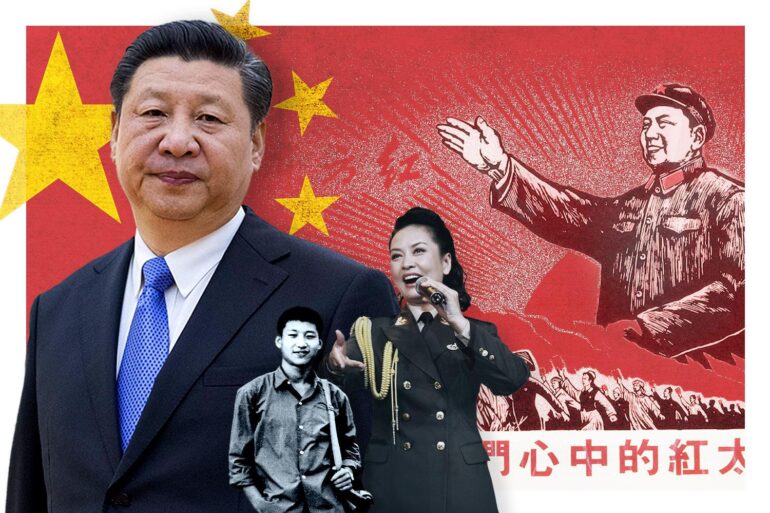TL;DR:
- Chinese President Xi Jinping and Bill Gates met in Beijing to discuss the global rise of artificial intelligence (AI).
- Xi expressed openness to U.S. companies, including Microsoft, bringing their AI technologies to China.
- The details of their conversation about AI were not disclosed in reports by Chinese state media or Gates’ posts.
- U.S.-China relations, strained at present, have AI as a key flashpoint with export controls and restrictions on both sides.
- Microsoft, with a significant presence in China, supports OpenAI and its ChatGPT chatbot.
- OpenAI and ChatGPT are not blocked in China, but user sign-ups are restricted in some countries.
- Microsoft has faced challenges in the Chinese market due to increased government control over the Internet sector.
- The meeting highlights China’s commitment to leveraging AI for economic development while addressing associated risks.
Main AI News:
Chinese President Xi Jinping met with Bill Gates in Beijing to discuss the global advancements in artificial intelligence (AI) and expressed his openness to U.S. companies, including Microsoft, bringing their AI technologies to China. The discussion also touched upon Microsoft’s business development in the country. The details of their conversation regarding AI were not disclosed in Chinese state media reports or in Gates’ posts about his trip to China.
Xi has emphasized the importance of leveraging AI for economic growth while acknowledging the associated risks. As China considers implementing a new law and regulations for generative AI, Xi’s meeting with Gates takes place against the backdrop of strained U.S.-China relations, with AI becoming a contentious issue. The United States has implemented export controls aimed at limiting China’s AI progress, while China has alarmed the foreign business community with its crackdown on consultancies and restrictions on sales by U.S. chipmaker Micron.
Microsoft, a long-standing presence in China with over three decades of operation and a significant research center, has been involved in AI through its support for OpenAI, the organization behind the renowned ChatGPT chatbot. OpenAI and ChatGPT are accessible in China, but user sign-ups are restricted in certain countries, including mainland China and Hong Kong. Microsoft’s Bing portal is the sole foreign search engine accessible within China’s Great Firewall, although search results pertaining to sensitive subjects are subject to censorship.
In recent years, Microsoft has encountered challenges in the Chinese market due to increased government control over the internet sector. In 2021, it discontinued LinkedIn China, replacing it with a job-focused version. The company announced its decision to shut down the app entirely in May, citing intense competition and macroeconomic difficulties, but expressed intentions to maintain a presence in the country.
Conclusion:
The meeting between Xi Jinping and Bill Gates signifies China’s openness to embracing AI technology and welcoming U.S. firms, such as Microsoft, to contribute their AI advancements in the country. However, the strained U.S.-China relations and the regulatory environment pose challenges for the AI market. The exchange between the Chinese President and the co-founder of Microsoft underscores the significance of AI as a focal point in the current geopolitical landscape. Companies operating in the AI sector should closely monitor the evolving dynamics between the two nations and navigate the regulatory complexities to seize opportunities and mitigate potential risks in the market.

